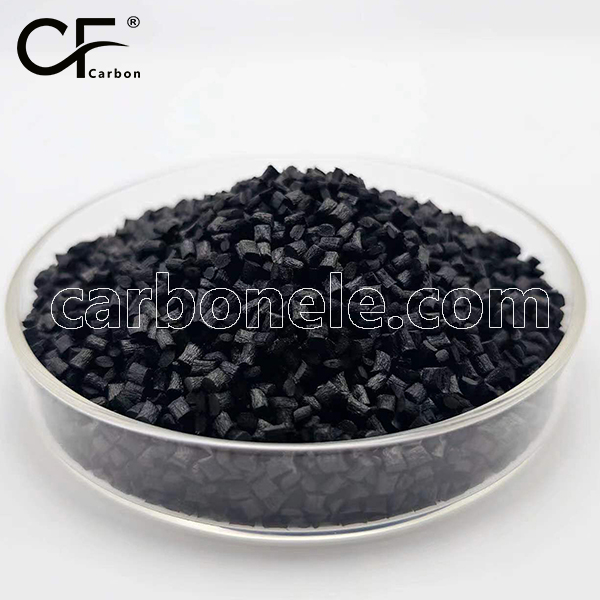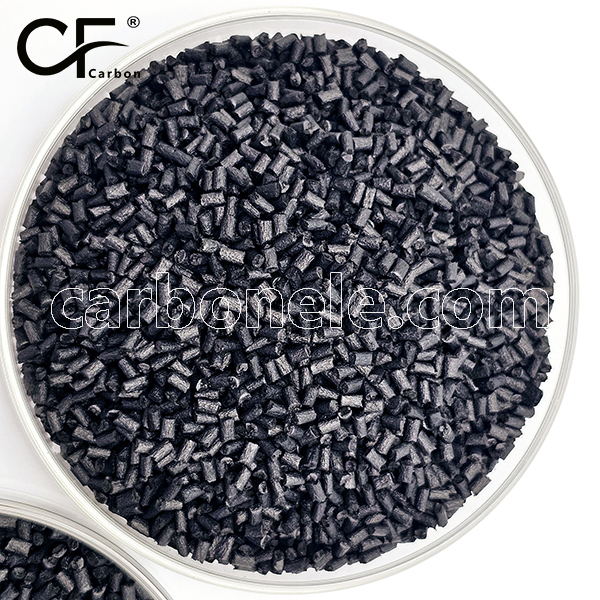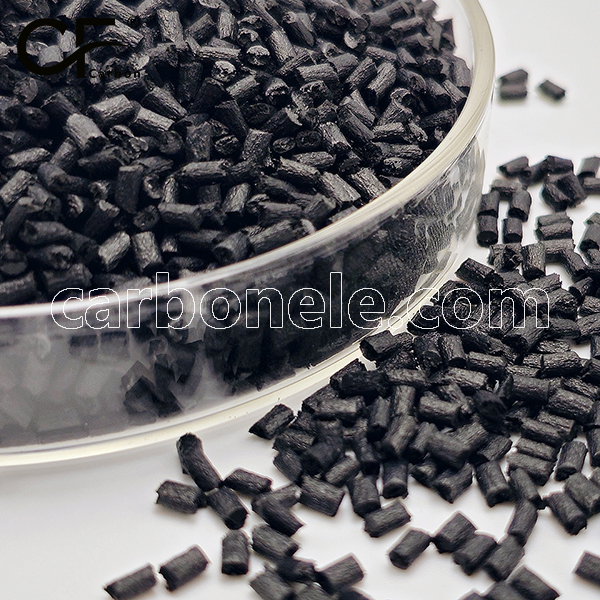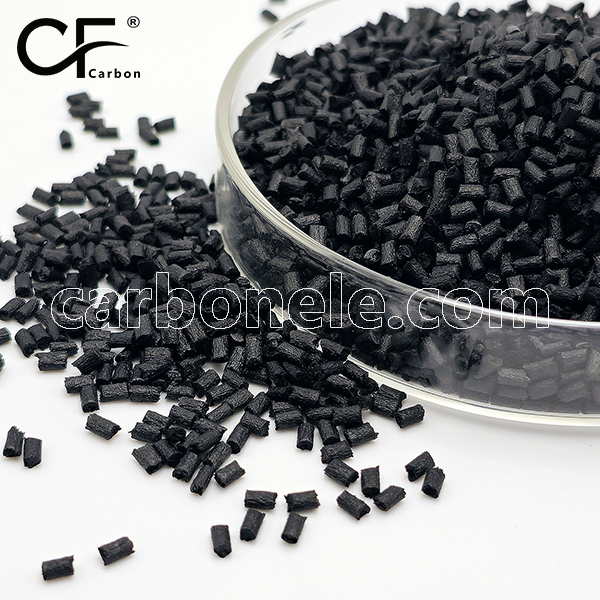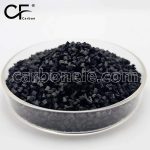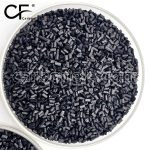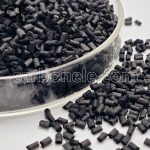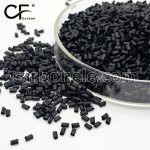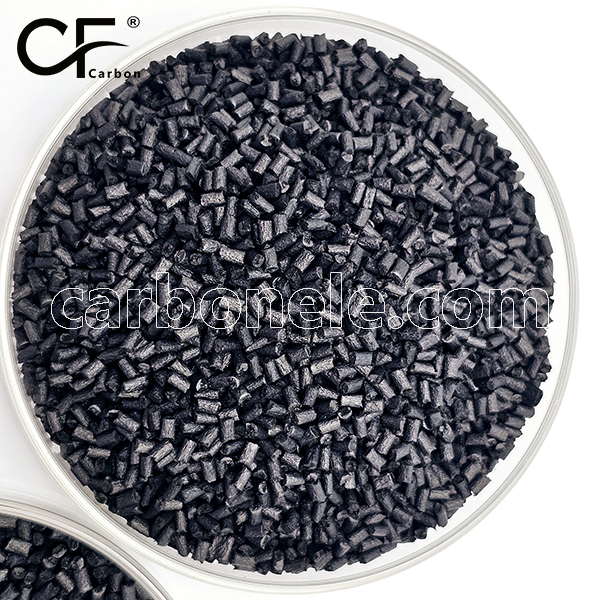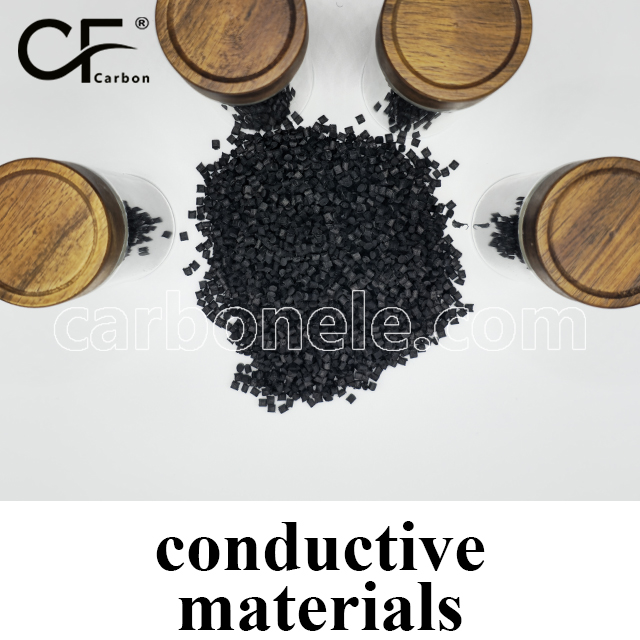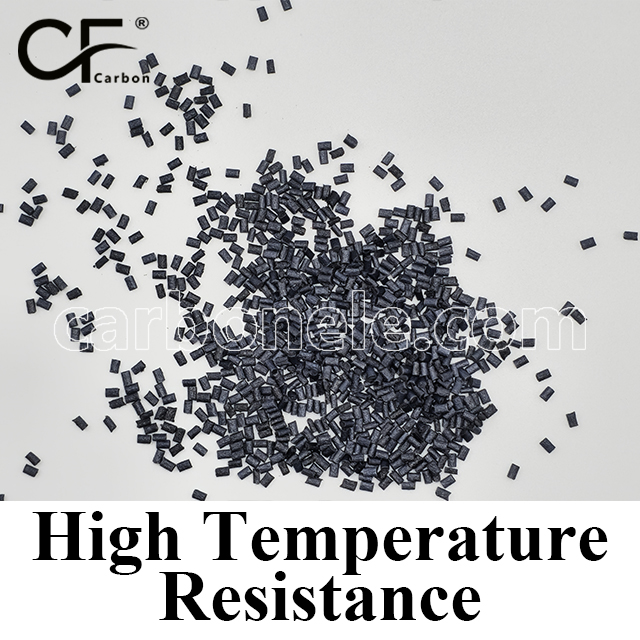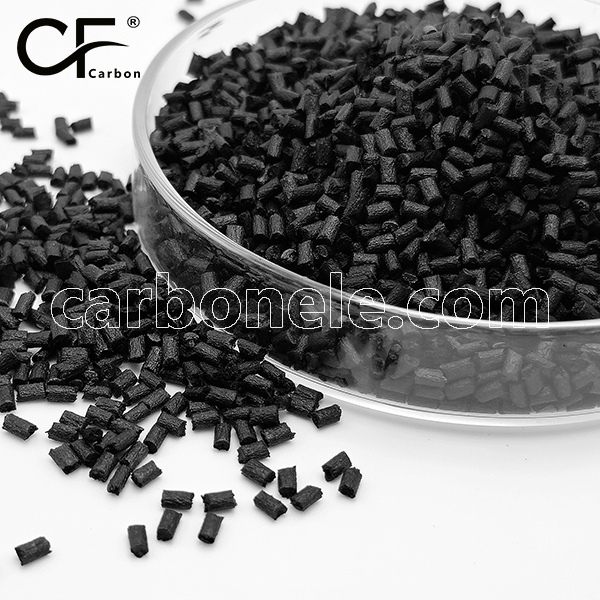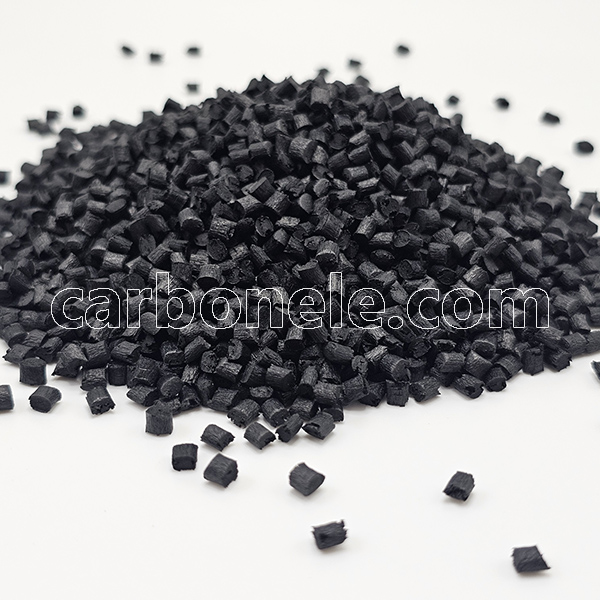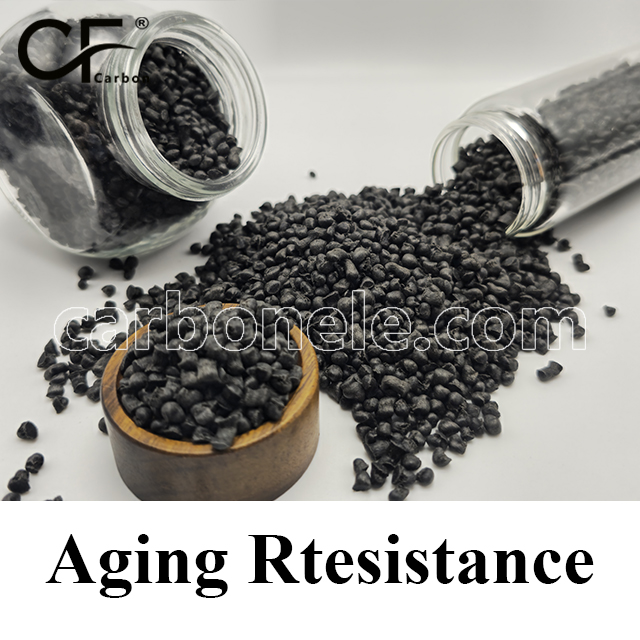
Nylon PA12 CF Materials for PA12-CF 3D Printing Filament
Nylon PA12 CF has good strength and rigidity for printing stable products and good thermal stability to adapt to certain printing temperatures. Its low warpage ensures the dimensional accuracy of printed items.
- Manufacturer: Carbon New Material
- OEM/ODM: Acceptable
- Color: Black
- Free samples: ≤10kg
- MOQ: 100kg
- Port: Xiamen
- Model: PA12-CF-BCA3
- Fillers: Carbon fiber
1: What are the advantages of Nylon PA12 CF material used for 3D printing filament?
It has many advantages. It has good strength and rigidity, enabling the printing of structurally stable products. It also has relatively good thermal stability and can adapt to a certain range of printing temperatures. Besides, it has low warpage, which helps to ensure the dimensional accuracy of the printed finished products.
2: How is the flowability of the Nylon PA12 CF material during 3D printing?
Its flowability is moderate and is optimized for the 3D printing process. Under appropriate printing temperature and speed settings, it can be smoothly extruded from the nozzle, ensuring that the filament is deposited evenly and continuously to form high-quality printing layers.
3: What types of products is this material suitable for printing?
It is suitable for printing a variety of products. For example, it can be used to print functional mechanical parts like small gears and connectors because its strength can meet the usage requirements. It can also be used to make some models with high appearance requirements as it can present a good surface texture.
4: How to ensure the quality stability of the Nylon PA12 CF 3D printing filament?
Firstly, the quality of the PA12 CF material should be controlled during raw material procurement to ensure its uniformity. During the production process, the diameter tolerance of the filament should be strictly controlled to ensure the consistent thickness of the filament. Meanwhile, moisture-proof packaging should be done well to avoid the influence of moisture absorption on the printing performance.
5: Are there any special precautions for the post-printing treatment of this material?
After printing, if you want to improve the surface smoothness, conventional means like sanding can be adopted, but you should pay attention to the strength to avoid damaging the structure. For parts with strength requirements, appropriate heat treatment can be carried out to optimize their internal crystal structure and improve their performance.
| Application Fields | Specific Finished Components | Specific Properties Demonstrated |
|---|---|---|
| Aerospace | Lightweight brackets, small connectors | High strength, lightweight, high temperature resistance |
| Automotive Manufacturing | Customized interior fasteners, small transmission gears | High strength, good rigidity, wear resistance, dimensional stability |
| Electronics and Electrical Appliances | Heat dissipation shells, precision structural parts | Thermal stability, high molding precision, reliable strength |
| Medical Devices | Personalized customized prosthetic accessories, surgical instrument models | Good biocompatibility, sufficient strength, high precision |
| Industrial Manufacturing | Mold inserts, workholding fixtures | Wear resistance, corrosion resistance, strong rigidity, high strength |
Note: The properties mentioned above for Nylon PA12 CF material used in 3D printing filament make it a versatile choice across various industries. However, actual performance may vary depending on specific printing parameters,
post-processing methods, and environmental conditions. Additionally, continuous research and development efforts are being made to further optimize its properties to meet more diverse and demanding application requirements in the future.
If you want more information on Nylon PA12 CF or more carbon fiber modified nylon materials, please click here.
Contact Us
If you want to obtain information such as product specifications, performance, and price, choose a suitable product according to your own needs. Meanwhile, you can ask the manufacturer to provide samples for testing to ensure that the material meets your usage requirements. If you are interested in purchasing this composite material, please contact the manufacturer Carbon (Xiamen) New Material directly.

Frequently Asked Questions
Carbon (Xiamen) New Material Co., Ltd. aims to provide buyers with "one-stop" worry-free high-quality services. Here you can find all information about carbon fiber engineering plastics. If you still have questions, please send us an email for consultation!
-
How can I contact the manufacturer of a product that interests me?
When you find a product you are interested in, you can contact the manufacturer directly by sending an email and we will get back to you as soon as possible.
-
How do I find the products that interest me?
All you need to do is enter the keyword, product name in the search window and press the Enter key on your keyboard. Your search results page will then be displayed. You can also search within the product category pages on the home page. Each category is divided into subcategories, allowing you to refine your search and find products that interest you.
-
Where will I find a buying guide?
Please contact our after-sales service directly and we will provide you with a comprehensive operating guide.
-
What are CF Reinforced Thermoplastic Composites?
CF Reinforced Thermoplastic Composites are materials where carbon fibers are incorporated into a thermoplastic matrix. They combine the strength and stiffness of carbon fibers with the processability and recyclability of thermoplastics. For instance, they are used in automotive parts like bumper beams.
-
What are the benefits of CF Reinforced Thermoplastic Composites over traditional composites?
The key benefits include faster production cycles, easier recyclability, and better impact resistance. They also offer design flexibility. An example is in the manufacturing of consumer electronics casings where complex shapes can be achieved more easily.
-
How are CF Reinforced Thermoplastic Composites processed?
Common processing methods include injection molding, extrusion, and compression molding. Injection molding is widely used for mass production. For example, in the production of small components for the medical industry.
-
What industries use CF Reinforced Thermoplastic Composites?
They are utilized in aerospace, automotive, medical, and sports equipment industries. In aerospace, they can be found in interior components. In the medical field, they might be used in prosthetics.
-
How does the carbon fiber content affect the properties of the composites?
Higher carbon fiber content generally leads to increased strength and stiffness but may reduce ductility. A moderate content is often balanced for specific applications. For example, a higher content might be preferred in structural parts of a race car.
-
What are the challenges in using CF Reinforced Thermoplastic Composites?
Challenges include higher material costs, complex processing equipment requirements, and ensuring uniform fiber dispersion. Issues with adhesion between the fibers and the matrix can also arise. An example is in achieving consistent quality in large-scale production.







